Shu-ha-ri 守破離 is an essential concept in traditional learning. It is the fundamental master-disciple relationship in many traditional arts. For example, Bugei 武芸 (martial arts) or Sadō 茶道 (tea ceremony) and other fine arts 芸道 use the shu-ha-ri concepts. There might be some different ways to learn, but there is only one path to learn particular things. Martial arts might be different than painting. Although, yes, if you wanted to learn precisely how Van Gogh painted, then you have to study with him. You can imitate and mimic his style, but you can never understand what his style truly is without him teaching you from the beginning. Anyone can paint, just as anyone can hack stuff up mindlessly with a sword. Learning how to do either adequately and in a precise vein requires a teacher.
The Method To Start Shu-ha-ri
At the beginning of learning bujutsu (and other classical arts), there must be almost total obedience. Frankly, in learning, we should keep our mind quiet and open. I believe this is the best way to learn. Don't upset the delicate incoming transmission with the static of a lack of awareness and mindfulness. Listen. Absorb. Digest. Do what is asked of you. Within reason, of course. We must have an excellent moral radar to begin with and not be obedient to those that will abuse us. This is one reason why teaching bujutsu is a solemn task, and comces with a lot of responsibility.
It is within the realm of SHU 守 that we should be sponges and disconnect our internal chatter. I have talked about this many times before. The 'buts' and 'oh that reminds me' and 'by the way's that pop up after our teacher gives us information is not conducive to learning and shu-ha-ri. The mind should be open, receptive, and reflective on what is offered. It can not be that way if we are not genuinely mindful, calm, and contemplative.
Shu means to obey, protect or guard. You are keeping the teachings from being damaged or changed. A student should be detailed in their practice. You are protecting the techniques from any mutation while being studied and learned. In the beginning, you are striving to gain solid wisdom. To understand the truth, both physically and spiritually. Shu is the proper foundation that leads us to proficiency.

Inner Orbit
After the proper foundation has been acquired, the natural progression is for the student to start investigating things more deeply. Using the knowledge and experience gained in the Shu stage, the deshi can now critically analyze what has been received from the teacher. The student can begin to move and think in a way more like their own spirit yet still retaining their teacher's essence. Ha 破, means to destroy or break apart. It is not destruction per se, but a dismantling, if you will, of a watch or other mechanical apparatus. Taking apart the components does not render the watch useless later on. The watch can still be re-constructed and used as usual. Investigating how everything fits and works together is what happens in the HA stage.
It is this stage where the student of bujutsu can move without thinking and spontaneously react to situations as needed. It is the time of educated views and opinions within the pupil. Though it is a time of still being connected to the teacher and abiding within the school's ecosystem, the mundane aspects of their art do not have to be discussed ad nauseam. More profound concepts and ideas can be presented. Spiritually the martial artist gains more profound wisdom about the universal truths in the Ha stage. It is here that those with hints of hubris tend to have issues and feel they know as much as their teachers or can go off on their own.
It is harder in the ha stage for people to remain humble and accept they still don't know certain things. It is vital that bugeisha temper their physical waza with spiritual studies. This comes into play later.
Learning & Freedom
After a time, a student heads towards an area of freedom and separation from the basics. Things have been well learned and studied. This is the stage of Ri 離, detachment, and separation. There is a distinct conscious applied thought in SHU and HA. In RI, the art's techniques become more subconscious and spontaneous. You could say, second nature. In bujutsu, it becomes not just the ability to perform waza (techniques) accurately but to modify and adapt them. The modifications do not lose the purpose and spirit of the originals. This is the freedom or separation within RI.
Ri might seem like the end, but it is not. Shu-ha-ri might also look linear, and it is, in a certain way. You can't jump into the Ha portion or go from Shu to Ri. However, there are many tangents within Shu-Ha-Ri. Within Ri a new Shu opens up. I tried to signify this in the primary graphic of this essay. Shu-ha-ri is a personal experience and is slightly different for everyone. How long it takes to progress through learning bujutsu is a private matter. Though there is a general sense or average time one could expect to get proficient at something. I don't want to use the word mastery of anything. There are practitioners here in Japan in the mid-Ha stage for 20 years. Usually, they don't understand where they are in the shu-ha-ri scope of things and why their learning has been retarded. Progress is generally hindered by our lack of spiritual power and wisdom.
We likely place the blame for lack of advancement on external factors such as work schedule or teacher's attention. In more extreme cases, we might label ourselves as stupid or incompetent. The only thing that genuinely hinders our learning is a lack of trying. Some things are hard for some people, and for others, it might be easy. Nothing is always easy for someone, though. We all have the walls that we hit in training that take months or years to climb over. Being a bit robotic in the shu phase and just doing it by the numbers as your teacher suggests is the best. Don't ask questions that veer you from the path. Just follow your teacher and trust they have your best interests in mind. A good teacher will.
Avoid The Briar & Brambles
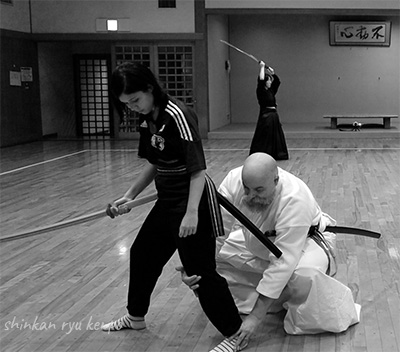
Explaining correct knee positions in the dōjō.
People on the internet in this day and age can freely look at almost any martial art. They can outwardly mimic and fabricate many techniques and pass them off as the same or even something different. I do not have a high opinion of doing that. There is a genuine problem with having all this information to gorge on freely day and night, never working correctly to gain the knowledge experientially. This problem existed before with books; it is, however, hugely exacerbated with the ease of access using the internet.
In martial arts, it is dangerous to copy someone's movements and think you understand what is going on. It is like tracing your hand on a piece of paper. You have a vague outline, and all detail is lost. Even the outline is badly distorted. The fact you can physically mimic someone's waza does not mean you understand it or that it's of the same quality. Some koryū people label that behavior as theft. In all sober senses of the word. I think copying forms is just a waste of time producing nothing. Even worse is if you try to sell it off as anything other than a crude tracing. That kind of silliness goes against the idea of shu-ha-ri.
Certificates and scrolls and rankings do not equate with anything in Shu-ha-ri either. No documentation supports being in any of the areas of shuhari. It is easily something to be seen and felt. Having something like Menkyo-kaiden or calling yourself soke does not mean you even passed through the shu phase. Do not confuse the concepts with anything tangible like a diploma.
Often, ShuHaRi and the Master-disciple relationship is trashed in place of the do whatever I want a method. Especially more so in this day and age. People feel they can self-learn anything they want. It is crucial to have proper guidance and understand what and what not to do when trying to learn something traditional. Martial arts is certainly something profound and complicated that needs the correct path illuminated. If we forgo learning from a teacher, we will never acquire an actual skill. It will only be a rough outline of the truth without any substance. These lost souls are easy to spot when you have spent time in shu-ha-ri. If you desire to learn traditional arts, it is best to find a teacher.
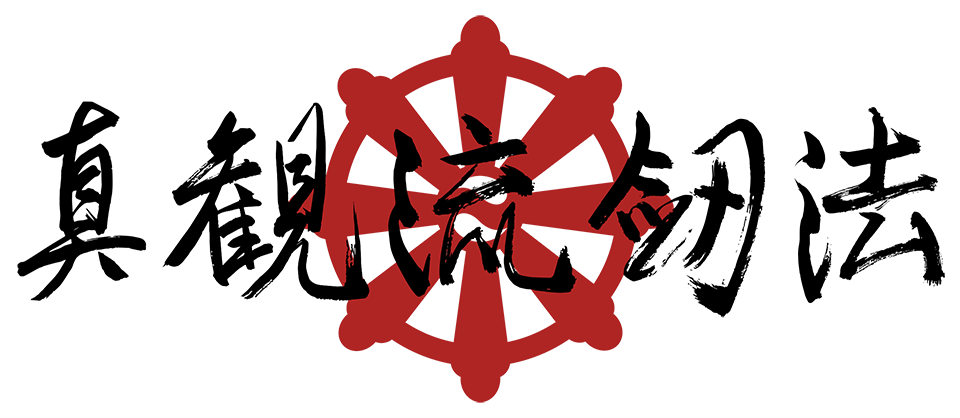

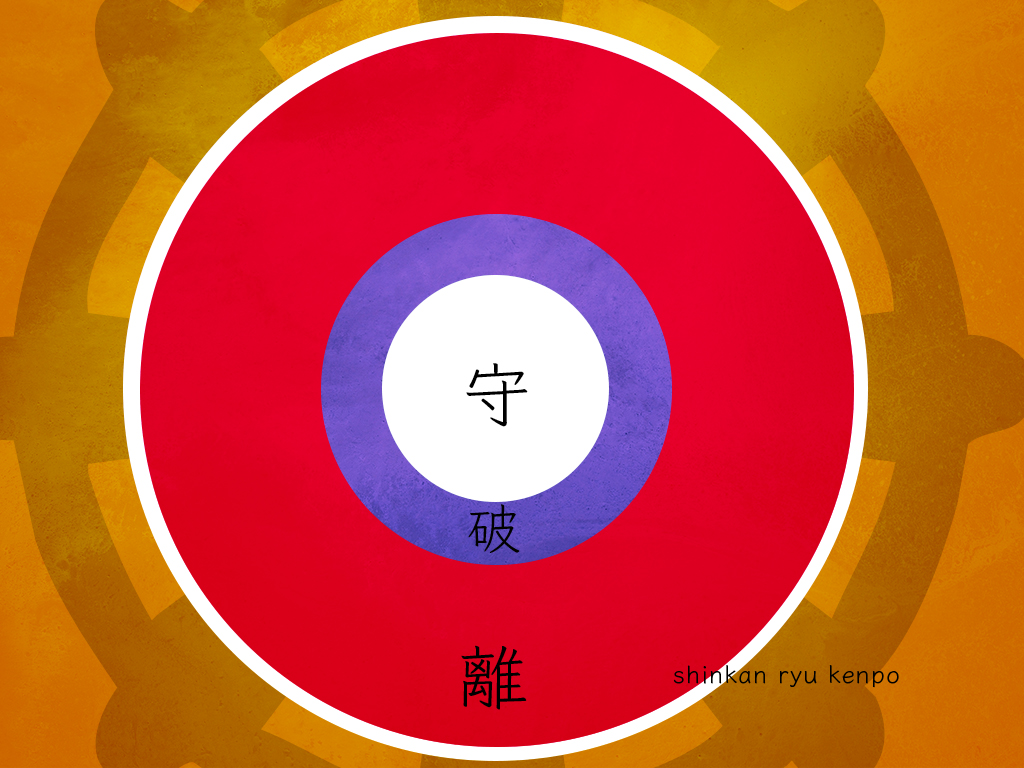
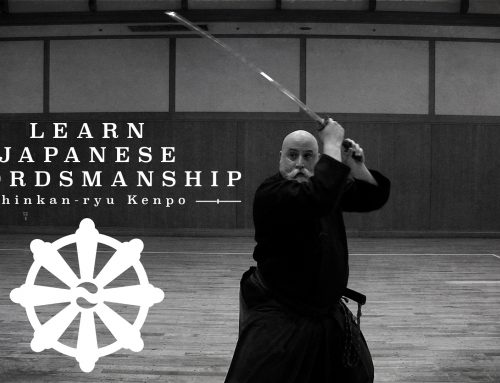
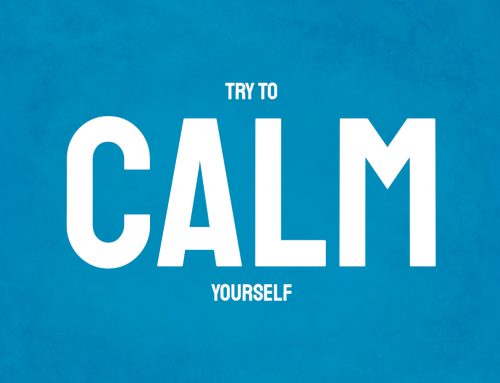
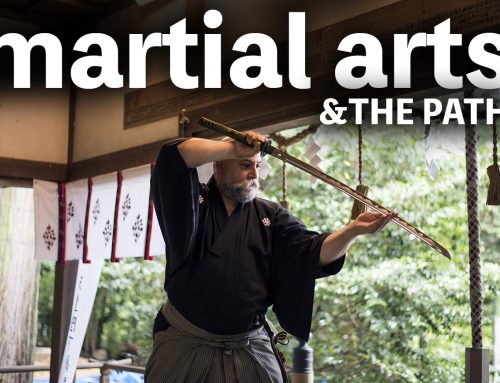
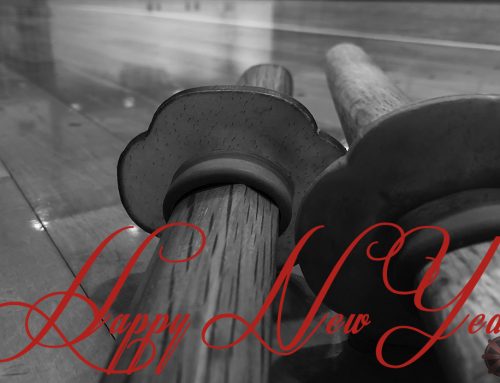
Leave A Comment
You must be logged in to post a comment.